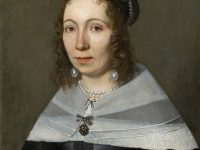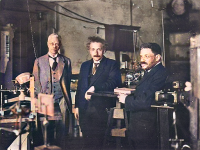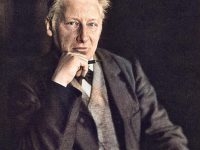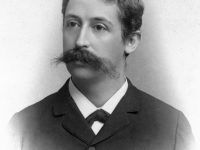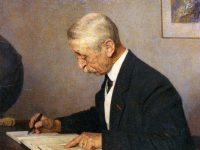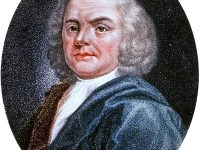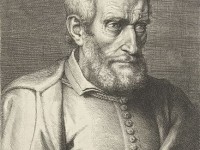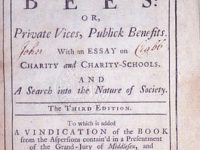Maria Sibylla Merian and her Love for Nature’s Details
On April 2, 1647, the German naturalist and scientific illustrator Maria Sibylla Merian was born. Even though she is not very well known for her achievements, she made significant contributions to entomology through the observation and documentation of the metamorphosis of the butterfly. “Art and nature shall always be wrestling until they eventually conquer one another so that the victory is the same stroke and line: that which is conquered, conquers at…
Read more

